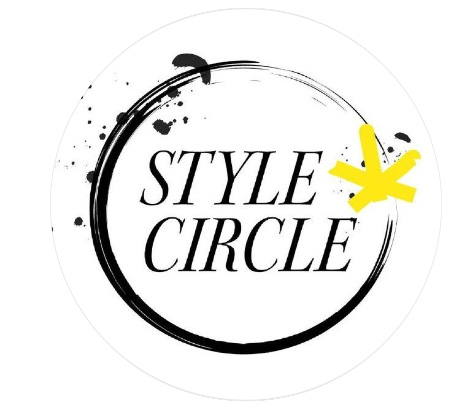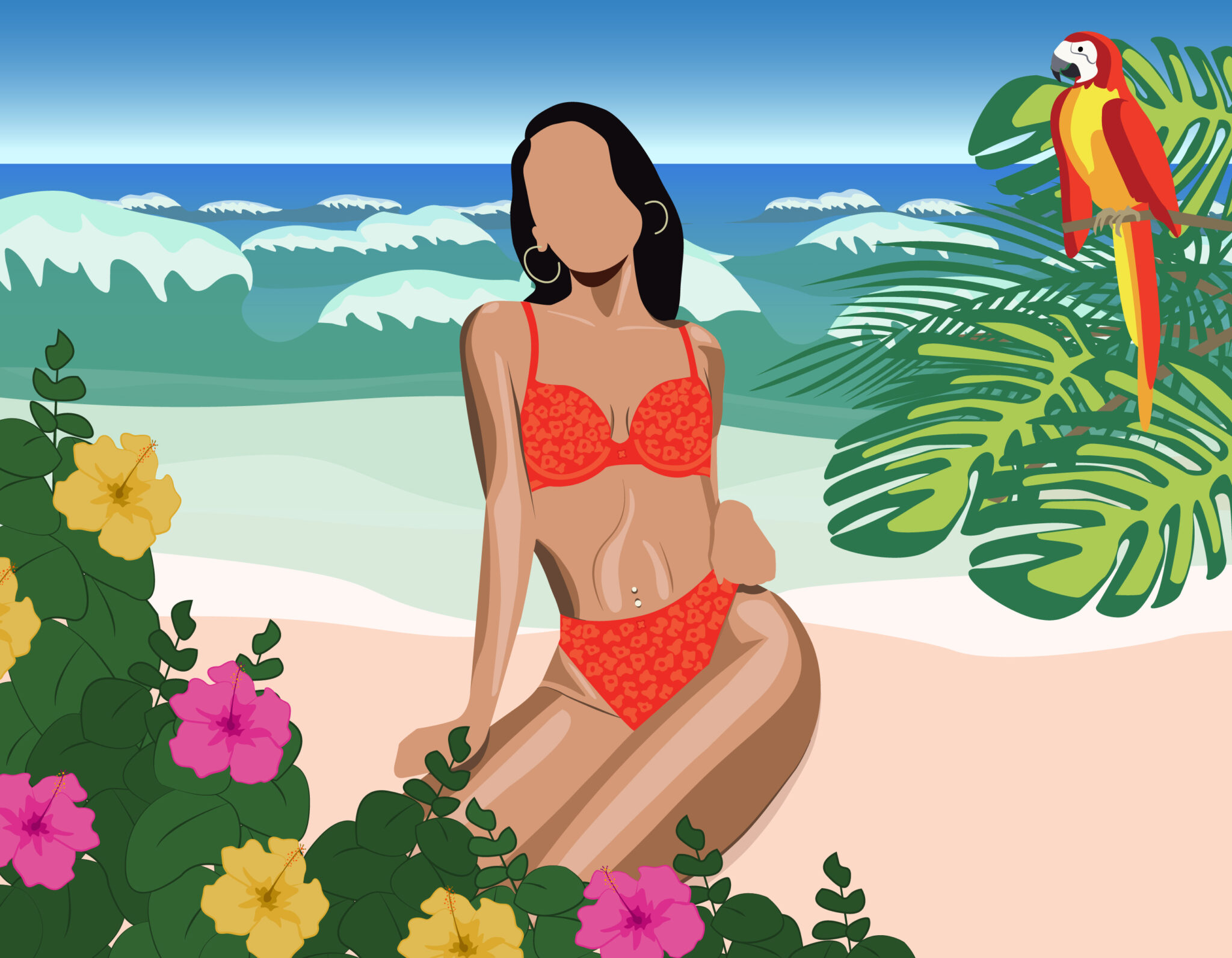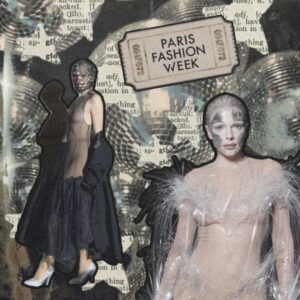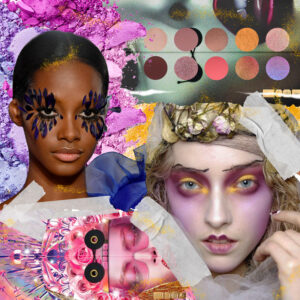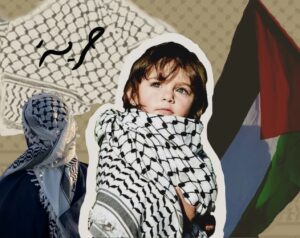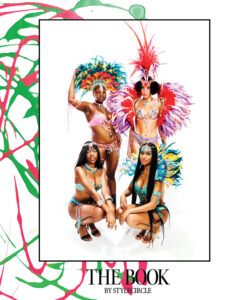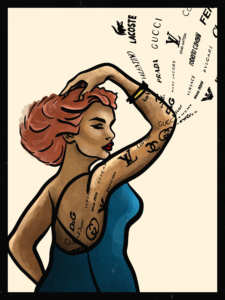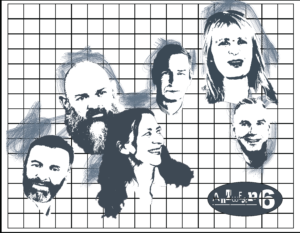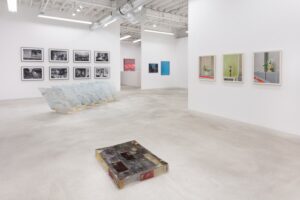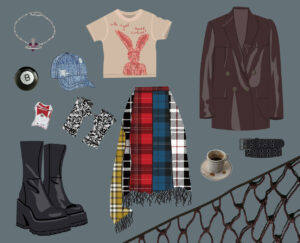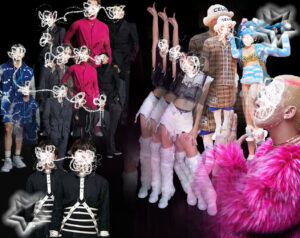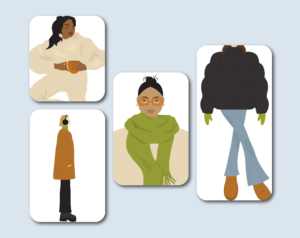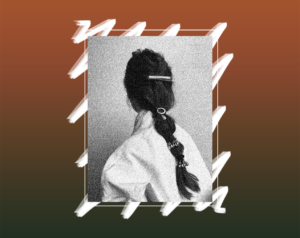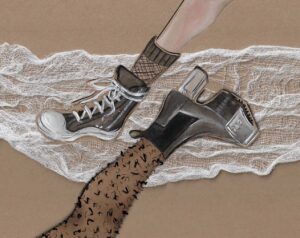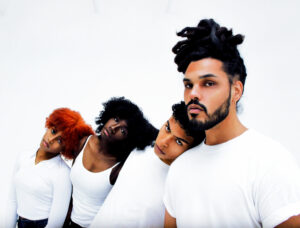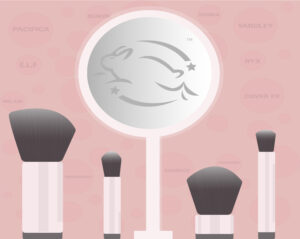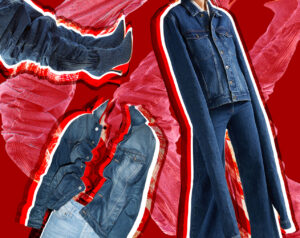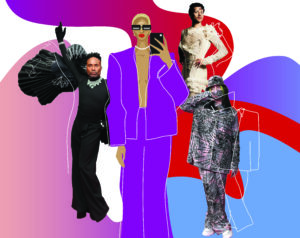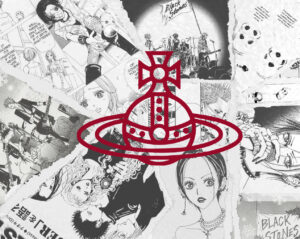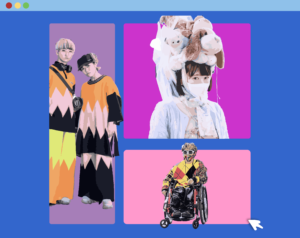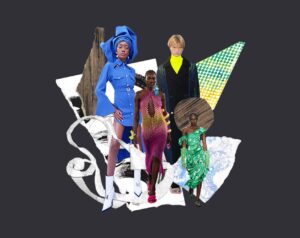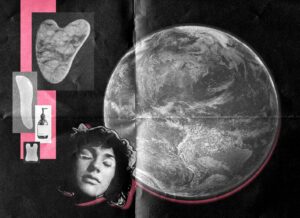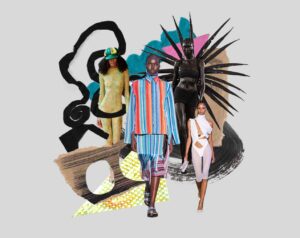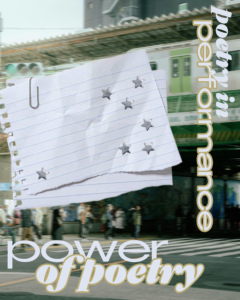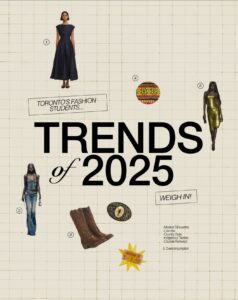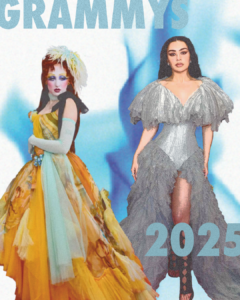GRAPHIC DESIGN Sarah Pasquini
A couple months ago, Rihanna launched a worldwide call out on Instagram for women to submit photos of themselves in their favourite lingerie for a chance to be featured in the next Savage X Fenty campaign. Out of the many submissions, four women were chosen, and Toronto-based creative Sariena Luy was among the winners; we touched base with Luy to learn more about her story and what this means to her.
I think a huge part of the reason why I never believed I could model was because I didn’t see women like me growing up.
How do you manage all the things you aspire to do and what inspires you?
I started getting into film and photography from a young age. I was greatly inspired by my dad and his love for capturing the people he loves around him. It was by the age of 10 to 11 was when I started getting into video editing, and that’s where I actually expressed an interest to go to a film art school because I knew I wanted to be a film director. It was the fact that I was someone coming from a low economic community, working with people with a lot of privilege and all grew up with the resources that I didn’t grow up with, which made me eventually come to this point of realizing that I need to create the opportunities that I don’t have for myself.
When I actually started Flaunt It, I started to do photography more seriously. I told myself that I’m not gonna wait until I’m done high school to start freelancing, or wait until I’m done university to start building a career out of this, because I knew opportunities didn’t come easy so I made the most out of it.
View this post on InstagramA post shared by Creative Director (She/Her) (@sariena_) on
What does modelling mean to you?
It was during a time of my life where I was just like, “I need to flaunt it”. It was something I knew I always secretly wanted to do growing up, but I didn’t fully believe in myself. I was comfortable hiding behind the camera because I love to capture and shoot beautiful things, but I didn’t want to be in front of the camera myself. I think it was really allowing myself to get out of my comfort zone, and to step into a part of the industry that I was always familiar with, but now I truly am understanding and becoming the representation that I needed.
I think a huge part of the reason why I never believed I could model was because I didn’t see women like me growing up. I was literally the only Cambodian at my highschool so people naturally would be like “what’s your background?” So I knew by being uncomfortable it was eventually going to help me really love myself.
How did you feel when you got chosen?
When they launched their Amazon Prime and Savage x Fenty fashion show documentary, it changed my life because it was the most beautiful thing to watch. There’s a genuinely amazing range of women on that runway. So when I saw the opportunity, I thought it was a great way to share my values. I literally set up the shoot just before work because I’ve been working from home lately, so I shot it on my lunch break and had to edit it quickly.
Since I found out I won, I’ve been honestly speechless. I put a lot of prayer and faith into hoping I would win and I’m extremely proud of myself, but the fact it actually happened was honestly so mind blowing. I finally got to be the representation that I always wanted but on a much larger scale.
What does representation mean to you?
Representation is everything I know I needed but didn’t have growing up. It’s redefining beauty and our narratives, which have been excluded in this very Westernized beauty standard. I’m studying art and contemporary studies at Ryerson University which talks a lot about diversity, and equality; a lot of my current research talks about how Canada portrays itself as “multicultural”, but I feel like we are the epitome of what a diversity quota looks like.
There’s an act of erasure that happens when immigrants come into this country. In fact, one time my niece had to ask me “why is my hair not straight like yours, and why is my skin not light like my friends” and that broke my heart because I want to make sure she grows up seeing woman like her in the media, so that she doesn’t have to feel that way at the age of five, like that’s ridiculous.
If a little girl is going to reach for a magazine at the cashline I want her to be able to reach for a magazine that shows someone that looks like her. This way she can feel pride in her identity, so I want a highly esteemed representation of women, people of color, and the narratives that are told by us.
